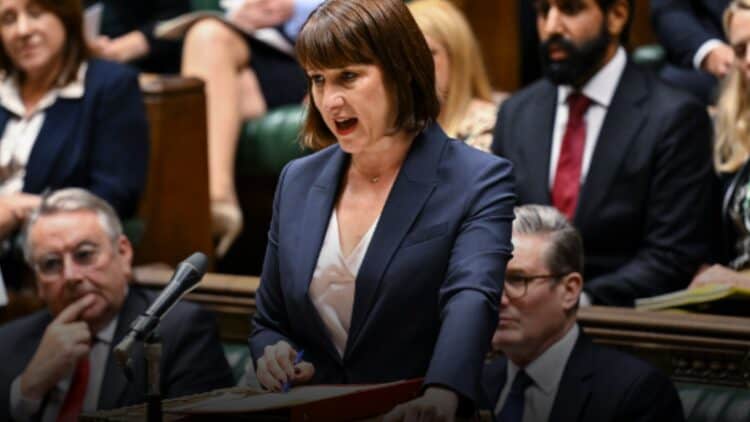Rachel Reeves, the Chancellor of the Exchequer, is preparing a significant overhaul of inheritance tax in her upcoming Budget, set to be delivered on October 30. The proposed changes aim to raise £1 billion by targeting wealthy landowners, including millionaire financiers, aristocrats, and celebrities.
Inheritance Tax Reforms
One of the key reforms is expected to focus on closing loopholes in business relief and agricultural property relief (APR). These reliefs, originally intended to help farmers pass on land, are now often used by the wealthy to reduce their inheritance tax burden. Insiders suggest this move could impact prominent figures such as James Dyson, who owns 36,000 acres of farmland in Lincolnshire and Somerset.
A former Conservative cabinet minister commented on Dyson’s situation, saying, “He thought we were doing a lousy job, so I would like to be a fly on his wall when he hears about the Budget.”
Extending the Seven-Year Rule
The chancellor is also considering extending the “seven-year rule” to 10 years. Currently, gifts given more than seven years before death are exempt from inheritance tax. Extending this period would make it harder for the wealthy to pass on assets without paying tax.
The changes are based on recommendations from the now-defunct Office of Tax Simplification (OTS), which suggested tightening inheritance tax rules and scrapping taper relief on gifts given within three to seven years before death.
Impact on the Wealthy
Wealthy individuals and estates have historically been able to avoid large inheritance tax bills through various reliefs and exemptions. However, Reeves has long been critical of these loopholes, referring to them as ways for the “healthy, wealthy, and well-advised” to avoid paying their fair share of tax.
Inheritance tax currently raises about £7.5 billion annually, with rising house prices pushing more middle-class families into paying the tax. Despite a headline rate of 40%, the effective tax rate drops for the very wealthiest estates, who often pay just 17% due to these tax strategies.
Looking Ahead
The Labour government is expected to make these inheritance tax changes as part of a broader strategy to close a £40 billion funding gap. Although the proposals are likely to face pushback from those affected, Reeves has been clear that her focus is on ensuring that those with “the broadest shoulders” contribute more to the public purse.
You may also like: “You’re not my King!” King Charles gets an earful down under







